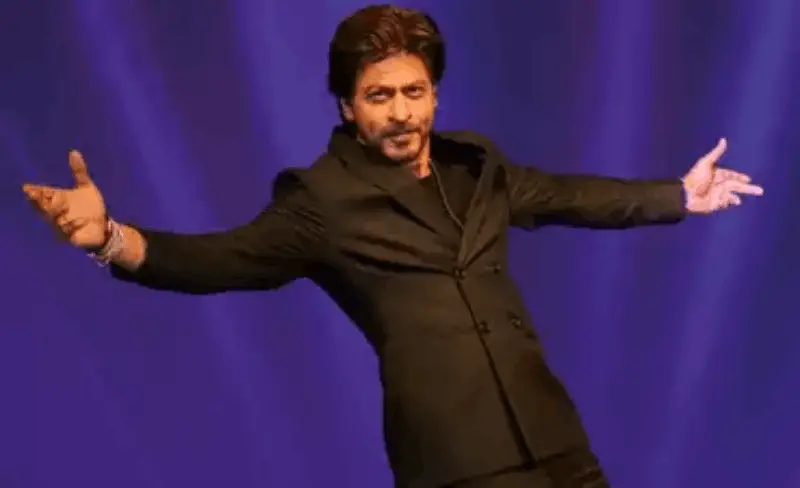
‘Pippa’ Makers Apologize For Rendition Of ‘Karar Oi Louho Kopat’
MUMBAI, (IANS) – After the controversy surrounding A.R Rahman’s rendition of the song ‘Karar Oi Louho Kopat’, the makers of ‘Pippa’ have issued an apology for hurting the sentiments anyone offended with their artistic interpretation of the track, saying that they harbor great respect for the original composer Kazi Nazrul Islam.
“In light of the current discourse surrounding the song ‘Karar Oi Louho Kopat’ the producers, director and music composer of the film Pippa wish to clarify that our rendition of the song is a sincere artistic interpretation, embarked upon only after securing the necessary adaptation rights from the estate of the Late Kazi Nazrul Islam,” the makers of ‘Pipa’ posted on social media.
They said that they have deep respect for the original composition and for the Late Kazi Nazrul Islam, whose contribution to the musical, political and social landscape of the Indian subcontinent is immeasurable.
“This album was created as a tribute to the men and women who dedicated their lives to the liberation of Bangladesh and keeping in mind the sentiments of their struggle for freedom, peace and justice,” they said.
They said that that approached the making of this song by faithfully following both the letter and the spirit of the license agreement for the lyrics, as duly signed with Late Mrs. Kalyani Kazi, and witnessed by Anirban Kazi.
“Our intent was to pay homage to the cultural significance of the song while adhering to the terms set forth in our agreement, which permitted us to use the lyrics with a new composition. We understand the emotional attachment that audiences may have to the original composition, and while all art is inherently subjective, if our interpretation has hurt sentiments or caused unintended distress, we offer our sincere apologies,” they said.
A.R Rahman’s composition is much more mellow, and positive almost feeling celebratory and as such is entirely different from the one composed by Kazi Nazrul Islam, as this was written as more of a marching anthem to incite the spirit of rebellion.
In ‘Pippa’, this song has been used in the context of the Battle of Garibpur which took place on November 20, 1971. This was during the Bangladesh Liberation War where the citizens of the erstwhile East Pakistan had rebelled against West Pakistan and demanded independence.
The movie is based around that battle which was fought by the 45 Cavalry Unit of Indian Army’s Armored Corps. Managing to outmaneuver and outflank the Pakistan Army’s far more advanced M24 Abrams tanks with their much older PT-76 tanks and destroy their entire 3d Armored Corps contingent.
This led to the destruction of six Pakistani tanks, and the resultant deaths of 340 Pakistani soldiers. On the Indian front, over two tanks were lost, and 27 soldiers laid down their lives.
The original song was composed by the legendary Bengali poet as an ode to freedom, and to fight the barriers of oppression. It was written for the legendary freedom fighter Chittaranjan Das upon his wife’s request. Recorded in 1949, the song is a sacred anthem for Bengalis in both India and Bangladesh, the latter of which have dubbed him as their national poet.




